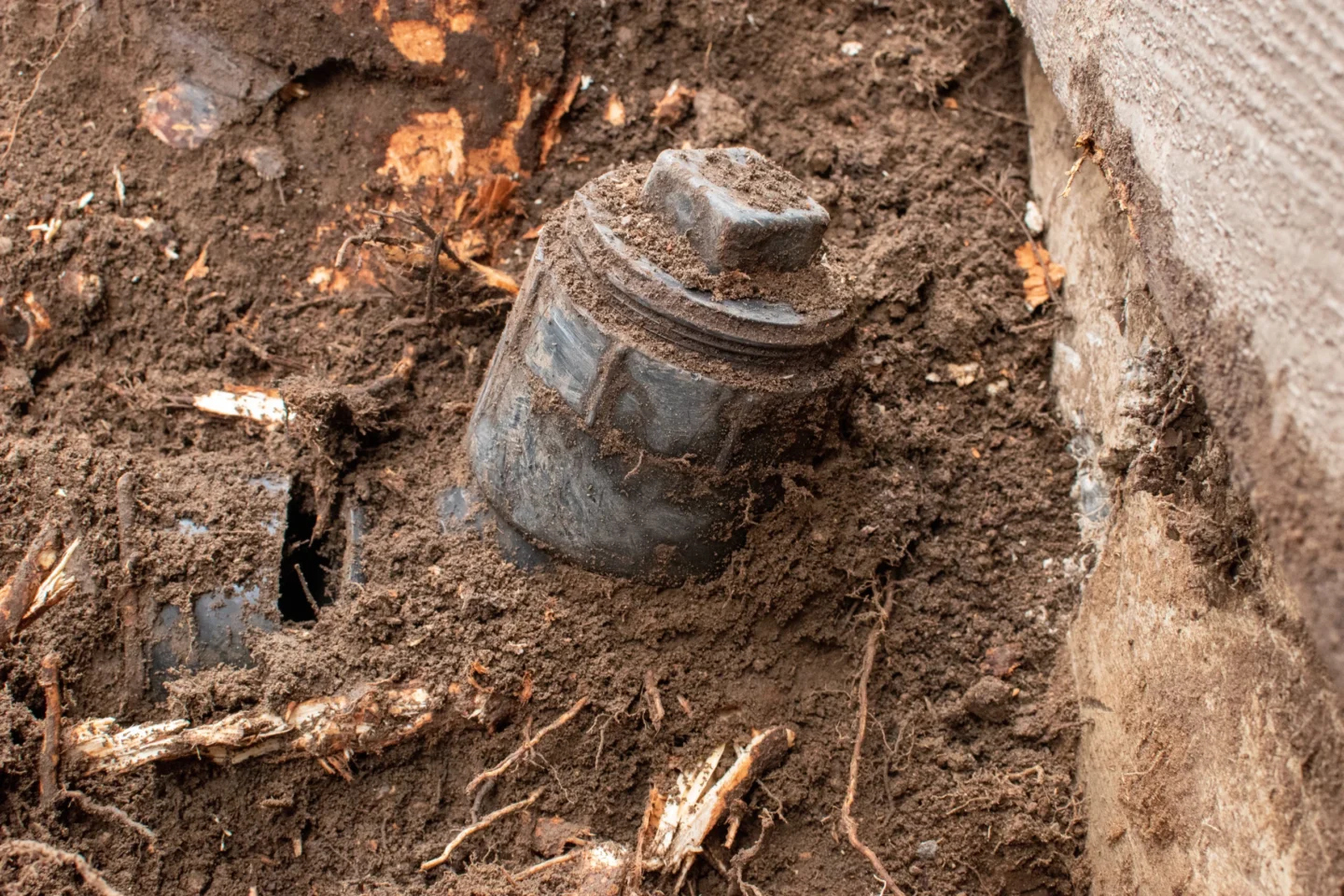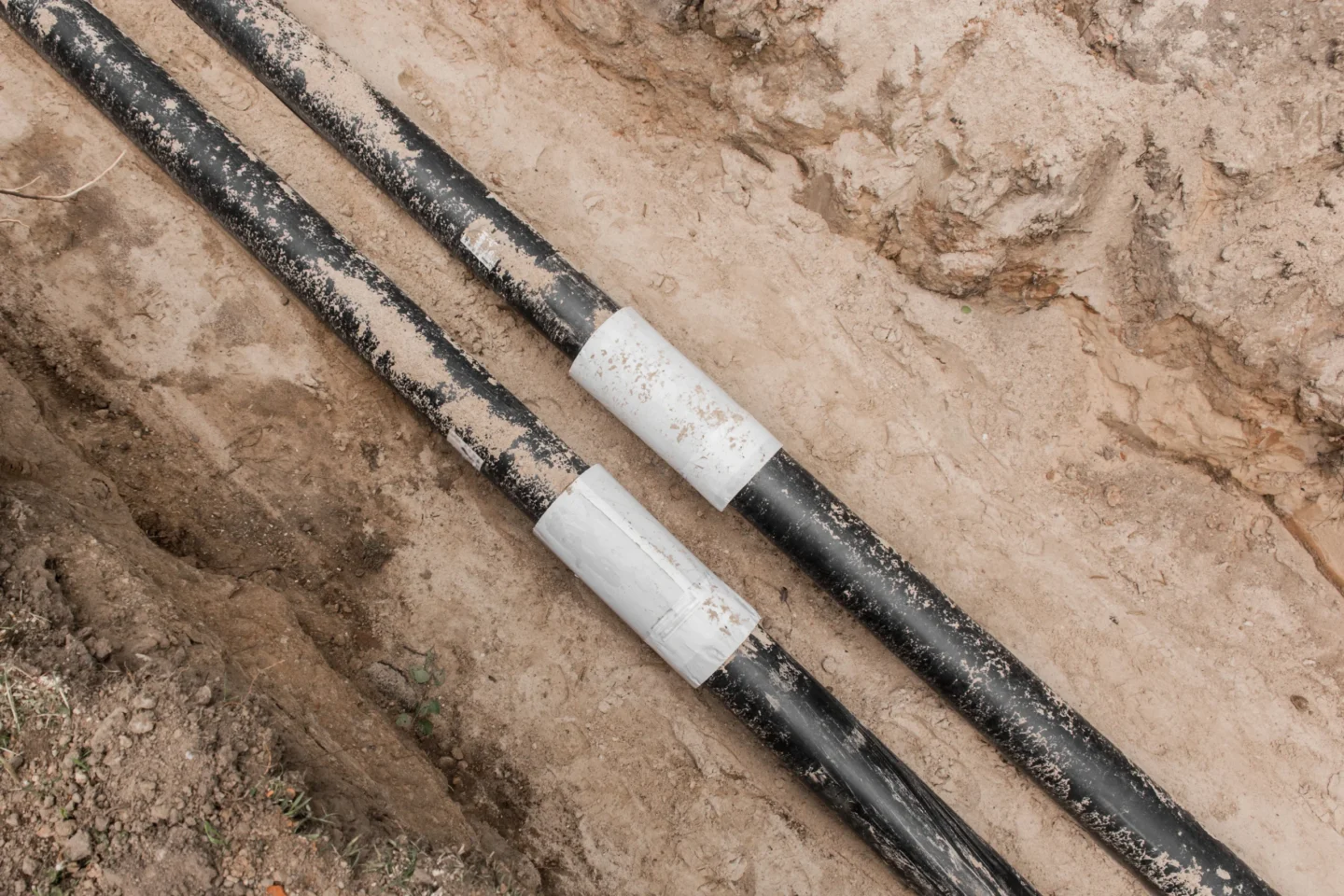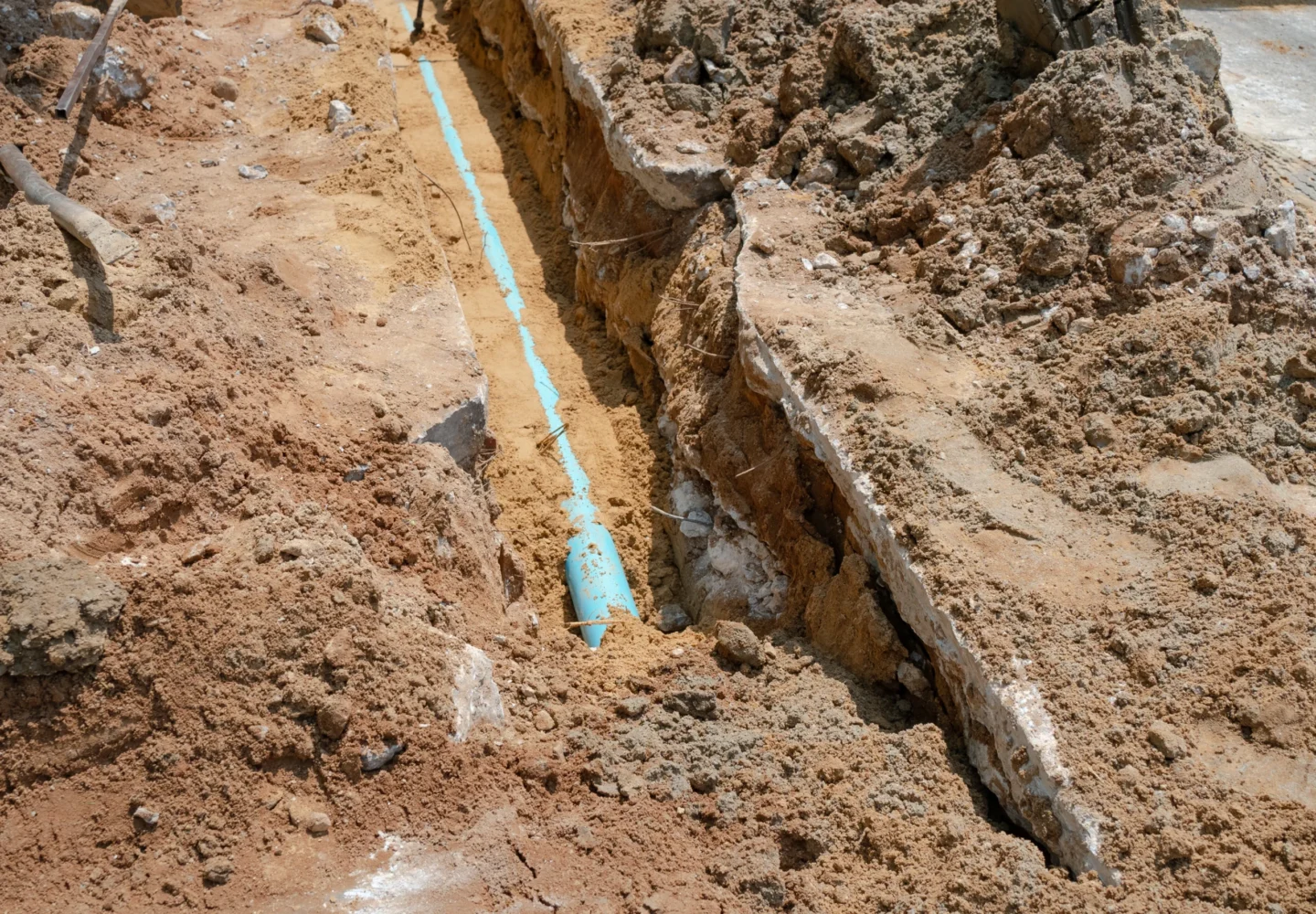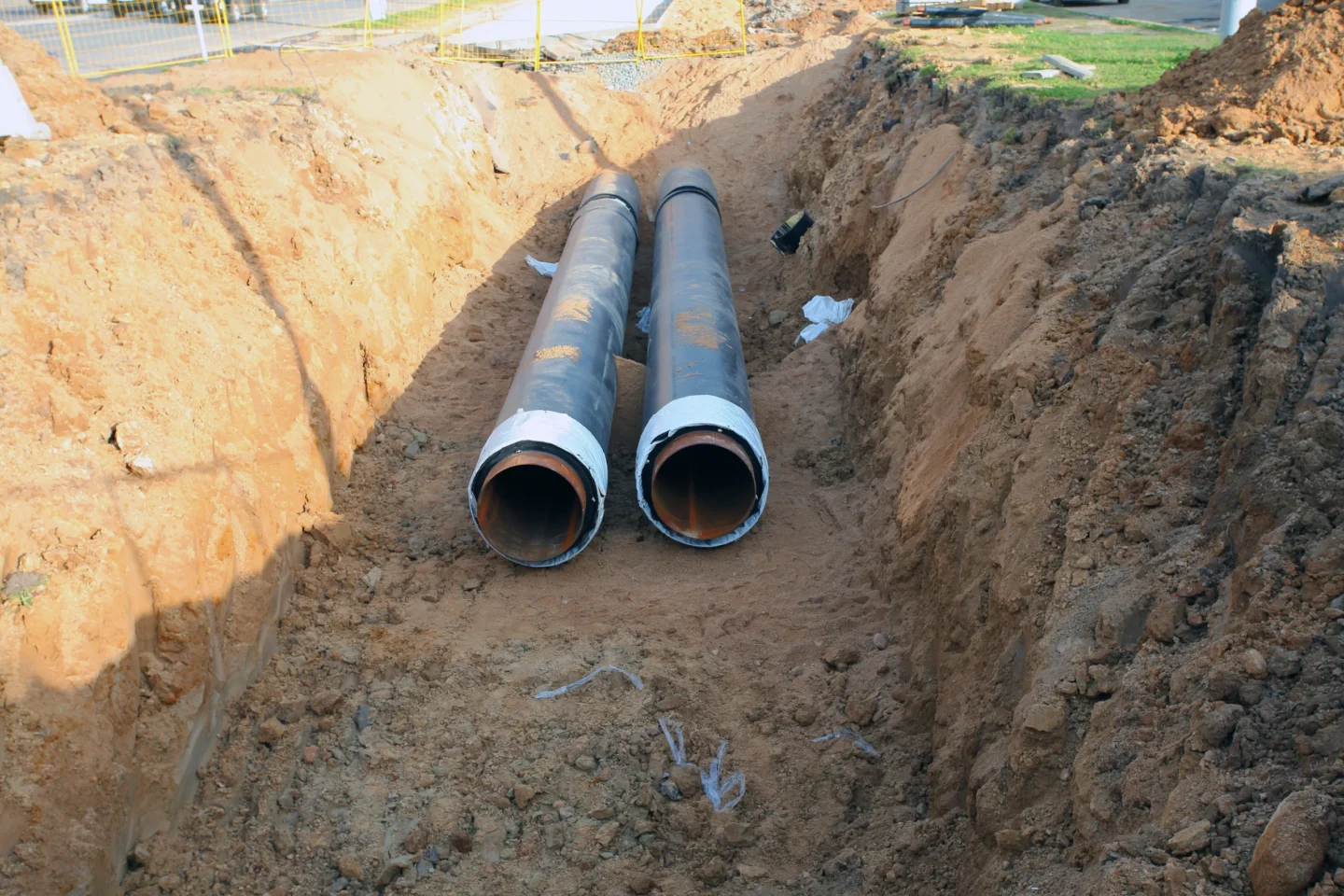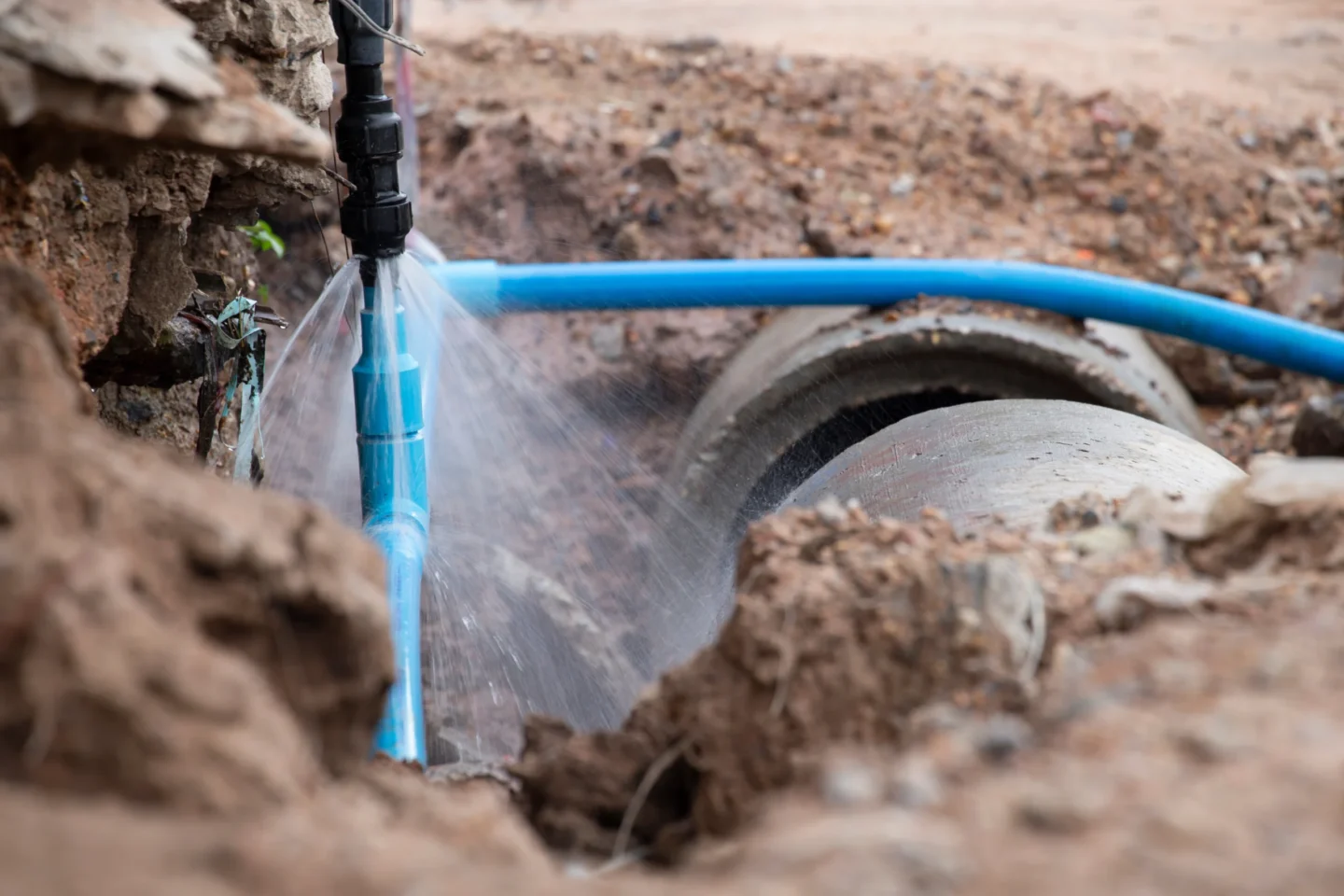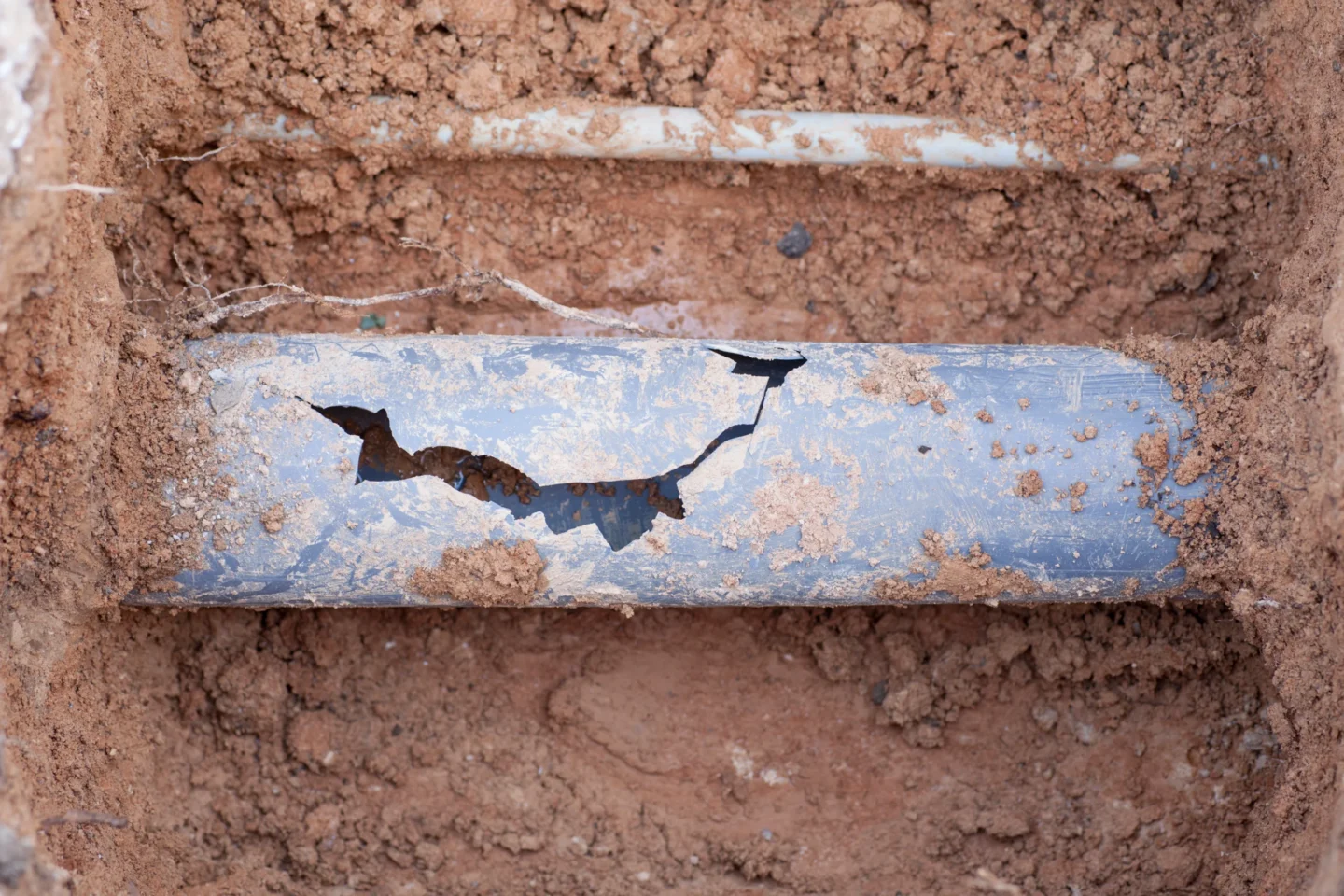
The idyllic summer days often evoke images of leisurely afternoons spent in lush gardens or under the shade of majestic trees. Yet, beneath this picturesque facade, a silent battle may be raging beneath the ground: the relentless quest of tree roots seeking sustenance, often at the expense of sewer lines. In this article, we delve into the intricacies of sewer repair following tree root damage during the summer months in St. Clair County, IL.
Tree Roots vs. Sewer Lines
Trees, with their sprawling root systems, are essential components of our natural landscape. However, their underground exploration for water and nutrients can lead to unintended consequences for sewer lines. During summer, when trees are most active in their growth, their roots extend vigorously in search of moisture, exerting pressure on nearby sewer pipes. Over time, this pressure can cause cracks, leaks, or blockages, disrupting the flow of wastewater and potentially causing significant damage.
Recognizing Tree Root Damage
Identifying tree root damage to sewer lines is crucial for prompt intervention. St. Clair County, IL homeowners should be vigilant for signs such as recurring clogs, slow drainage, gurgling noises from drains, foul odors, or unusually lush patches of grass near sewer lines. These indicators signal potential infiltration of tree roots into the plumbing system, necessitating immediate attention.
Focusing on Sewer Repair
Addressing tree root damage to sewer lines requires a strategic approach. The first step is a comprehensive inspection using specialized cameras to assess the extent and location of the damage. Based on this assessment, plumbers can recommend the most suitable repair method, whether it involves trenchless techniques or traditional excavation.
Minimally Invasive Solutions
Trenchless repair methods, such as hydro-jetting or pipe lining, offer a less disruptive alternative to traditional excavation. Hydro-jetting utilizes high-pressure water to clear obstructions and sever tree roots, restoring the flow within the sewer line. Pipe lining involves inserting a resin-coated liner into the damaged pipe, which, once cured, forms a durable, seamless barrier against root intrusion. These techniques minimize disruption to landscaping, reduce repair times, and offer cost-effective solutions.
Restoring Long-Term Durability
In cases of extensive damage or severe root infiltration, traditional excavation may be necessary. This involves digging up the affected area to access the damaged pipe and replace it with a new one. While more labor-intensive and disruptive, excavation ensures a complete restoration of the sewer line, providing long-term durability and reliability.
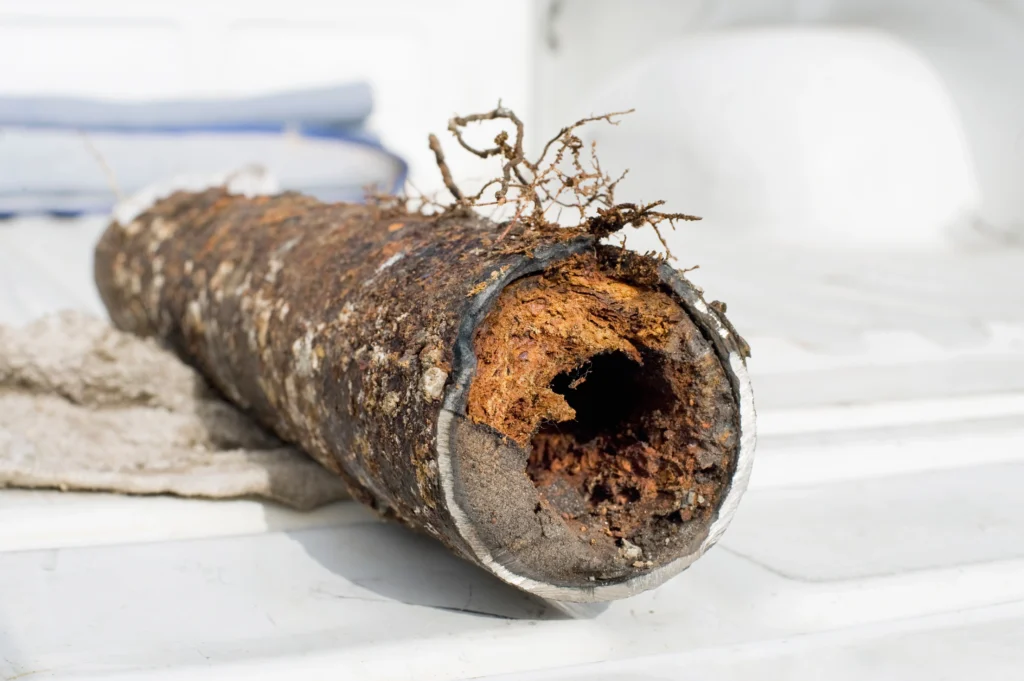
Safeguarding Against Future Incursions
Preventing future tree root damage requires proactive measures. Regular maintenance, including root pruning and chemical treatments to inhibit root growth, can help mitigate the risk of infiltration. Additionally, homeowners should exercise caution when planting trees near underground utilities and consider installing root barriers to deter root intrusion.
If you are looking for a company who can provide your home with sewer repair services after tree root damage, contact Bailey Sewer & Water today.



